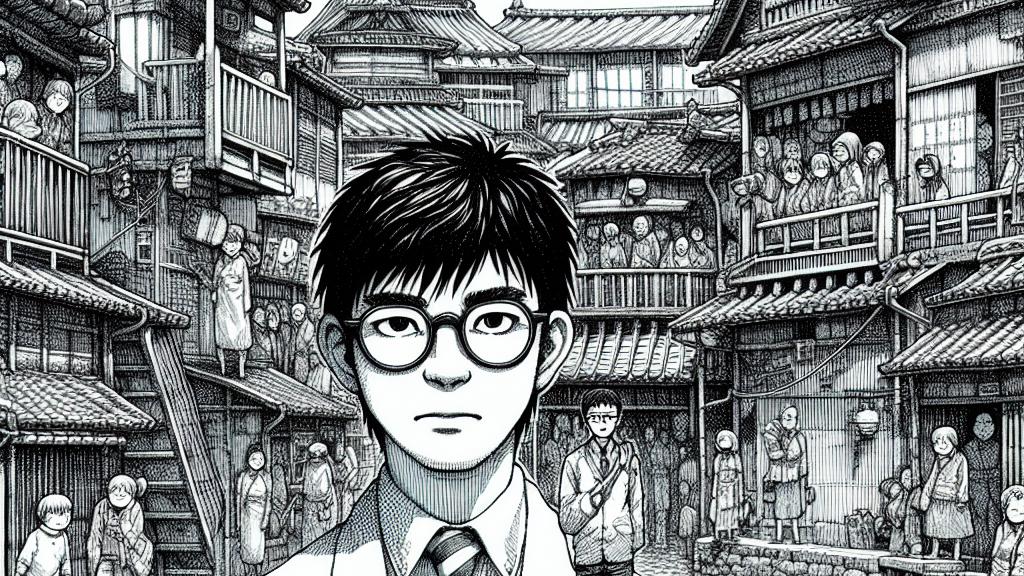Exploring the Themes of 'Great Rebirth Era'
Overview
- An in-depth critique of Masahiko Shimada's 'Great Rebirth Era' that challenges literary norms.
- Connections to the 'Narou' genre and its implications for understanding identity and culture.
- A rich exploration of colonial themes within modern narratives, shedding light on societal issues.

Introduction to 'Great Rebirth Era'
At the heart of contemporary Japanese literature lies 'Great Rebirth Era', a novel by the celebrated author Masahiko Shimada, which brilliantly weaves elements of today's society with the timeless concept of reincarnation. Here, readers are introduced to Shigure Yokomizu, an ordinary young man whose life takes an unexpected turn when he reunites with a childhood friend, who claims to have been reborn from a fantastical realm. This captivating premise does more than provide a mere escape into fantasy; it invites readers to ponder the intricacies of identity, belonging, and our place in the world. Although the narrative offers nods to familiar 'Narou' storytelling tropes, Shimada goes beyond these conventions. Far from being a simplistic tale of rebirth, the novel offers a poignant examination of the challenges faced in modern life, making reincarnation a mere catalyst for deeper explorations of human experiences and societal dilemmas.
Critique of Literary Standards
The initial reactions to 'Great Rebirth Era' have sparked lively debates within literary circles. Many critics quickly dismissed it as just another addition to the overflowing sea of 'Narou' literature. However, as more readers engage with the text, it becomes clear that there are rich layers hidden beneath the surface that deserve attention. This work does not merely aim to parody or critique the 'Narou' genre; instead, it thoughtfully embraces and revitalizes it. Consider the bold claims made by literary critic Saho Ichikawa, who provocatively argues that many 'Narou' narratives harbor subtle colonial themes—mirroring Japan's historical aspirations for cultural dominance. This perspective invites readers to reflect on their fondness for these narratives, challenging them to recognize the underlying messages and implications of the stories they consume. By drawing on specific examples from popular series, Ichikawa's critique illustrates the complex interplay between creativity and historical context, effectively urging a reevaluation of how fantasy can influence perceptions of reality.
Broader Implications and Conclusions
As the dialogue surrounding 'Great Rebirth Era' unfolds, a wealth of profound themes emerges, compelling readers to engage with the intricate connections between escapism, cultural identity, and the shadows of colonialism. The narrative serves as both a reflection and a critique, inviting us to confront our desires to transcend ordinary existence and to grapple with the moral responsibilities that surface in storytelling. On one hand, the tale speaks to our collective yearning for more; on the other, it illuminates a potentially troubling inclination towards imperialist viewpoints that reduce diverse cultures to mere backdrops for personal growth. Moreover, while readers can lose themselves in the novel's rich and vibrant characters, they are simultaneously encouraged to dissect the implications of their journeys. Thus, 'Great Rebirth Era' stands not only as a captivating literary work but also as an essential examination of identity and cultural narratives, challenging readers to ponder significant questions about their own stories. Ultimately, Shimada's novel captivates, prompting essential conversations about how past experiences shape our understanding of ourselves and others, reinforcing the enduring power of storytelling in a complex world.

Loading...